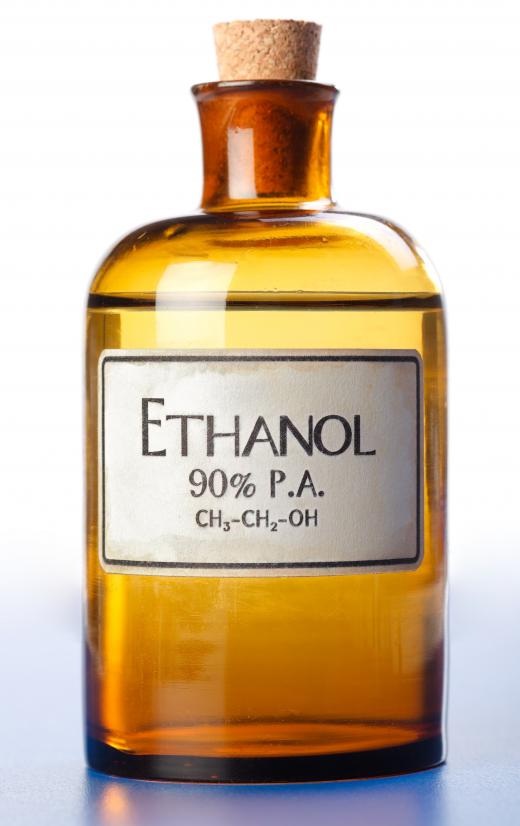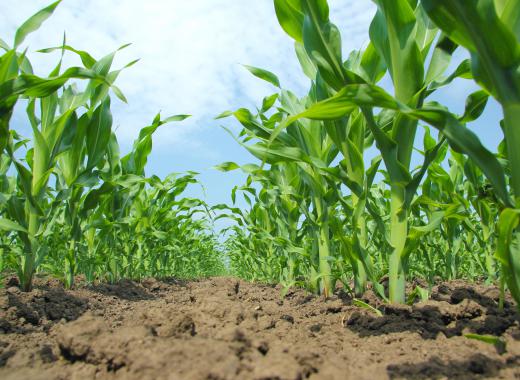The touting of ethanol by many governments, most notably the United States, has led to a great deal of controversy. In the United States, where billions of dollars of taxpayer money are spent on ethanol subsidies, the controversy has become particularly acrimonious, and there are a number of reasons behind it. Many boil down to a fundamental quarrel over whether or not ethanol, particularly corn ethanol, is really as miraculous as people claim it is.
Some economists argue that when a product has inherent merit, people will pay for it, rendering subsidies unnecessary. Subsidizing ethanol production costs taxpayers money, albeit indirectly, and it keeps prices artificially low, rather than allowing them to be set in accordance with fair market value. Economists who want to see a more general promotion of sustainable energy also argue that ethanol subsidies take funding away from other sources of sustainable energy, including sources which are cleaner, more efficient, and easier to obtain than ethanol.

Ethanol subsidies may also play a role in escalating food prices, and in the ongoing food vs fuel debate. The argument is that it costs farmers more to produce crops for food, since these crops are less heavily subsidized, and they pass the prices on to consumers. The supply of food is also reduced by ethanol subsidies, under this argument, because farmers have an incentive to grow crops for ethanol, so they divert fields which were once used for food crops to grow corn. The reduction in supply can cause a rise in prices, and even shortages in some cases.

Ethanol itself is a fuel with questionable merits. It requires special handling, including uniquely formulated gasoline for fuel blends, and special transit procedures which can make it expensive. It also doesn't burn terribly cleanly, and it is less energy efficient than gasoline, which means that a car running on ethanol or an ethanol/gasoline blend will have lower mileage. Furthermore, ethanol generation itself is not very energy efficient, and in some cases the fuel may cost more in energy to make and transport than it produces.

Critics of ethanol subsidies argue that government funds should be focused on promoting truly renewable, innovative sources of energy, rather than being spent on a fuel of questionable value. Maintaining ethanol subsidies is viewed as wasteful under this argument. Choosing where to target funds would seem to be more beneficial in the long term, even if newer technologies are not immediately successful.
Ever since she began contributing to the site several years ago, Mary has embraced the exciting challenge of being a About Mechanics researcher and writer. Mary has a liberal arts degree from Goddard College and spends her free time reading, cooking, and exploring the great outdoors.

